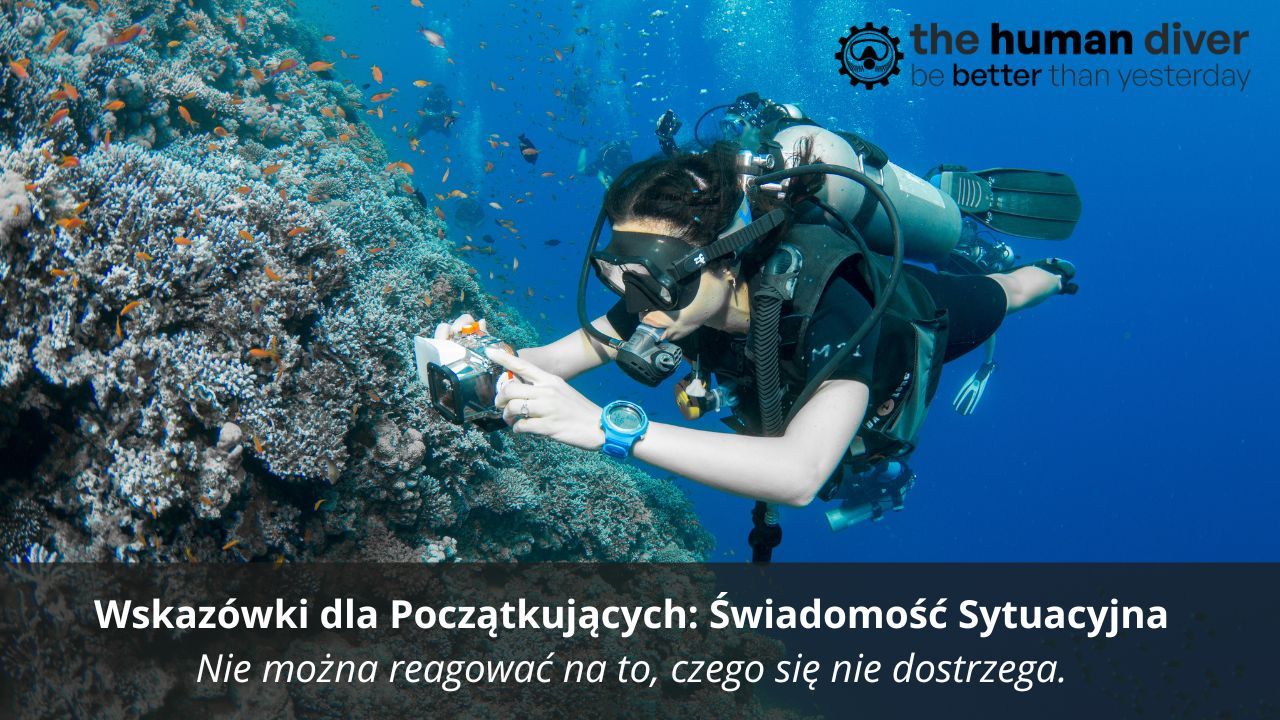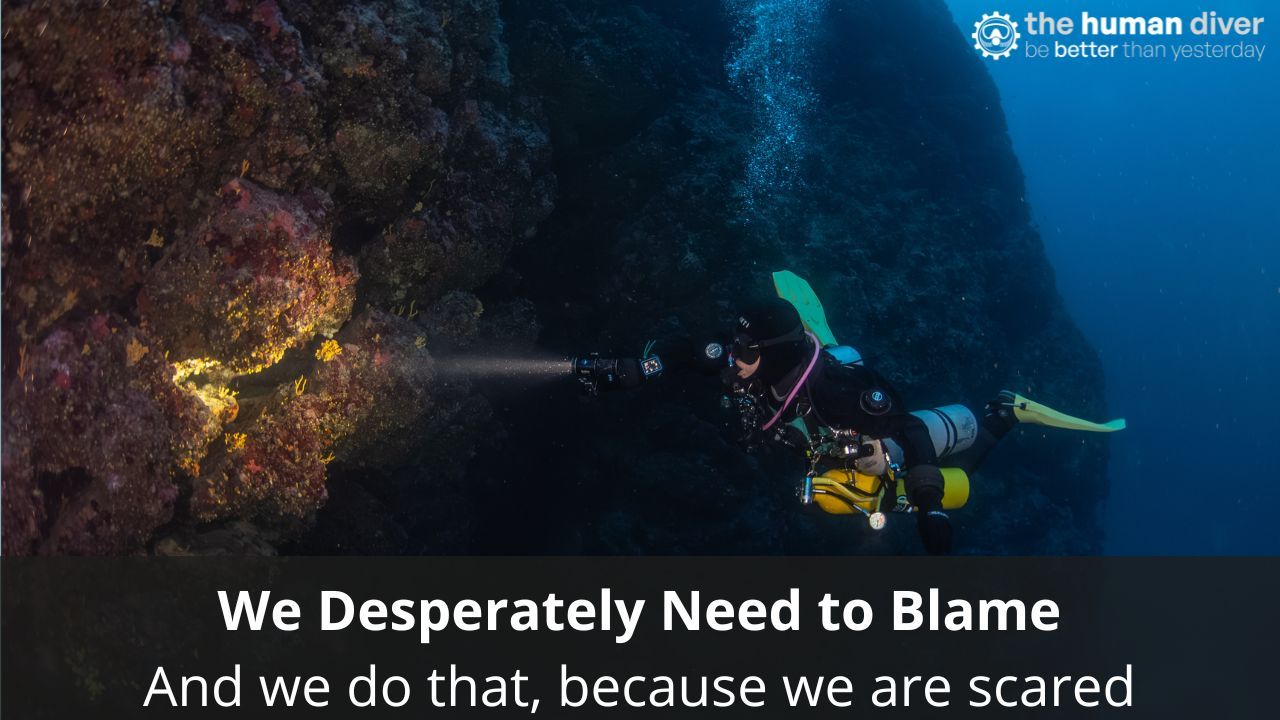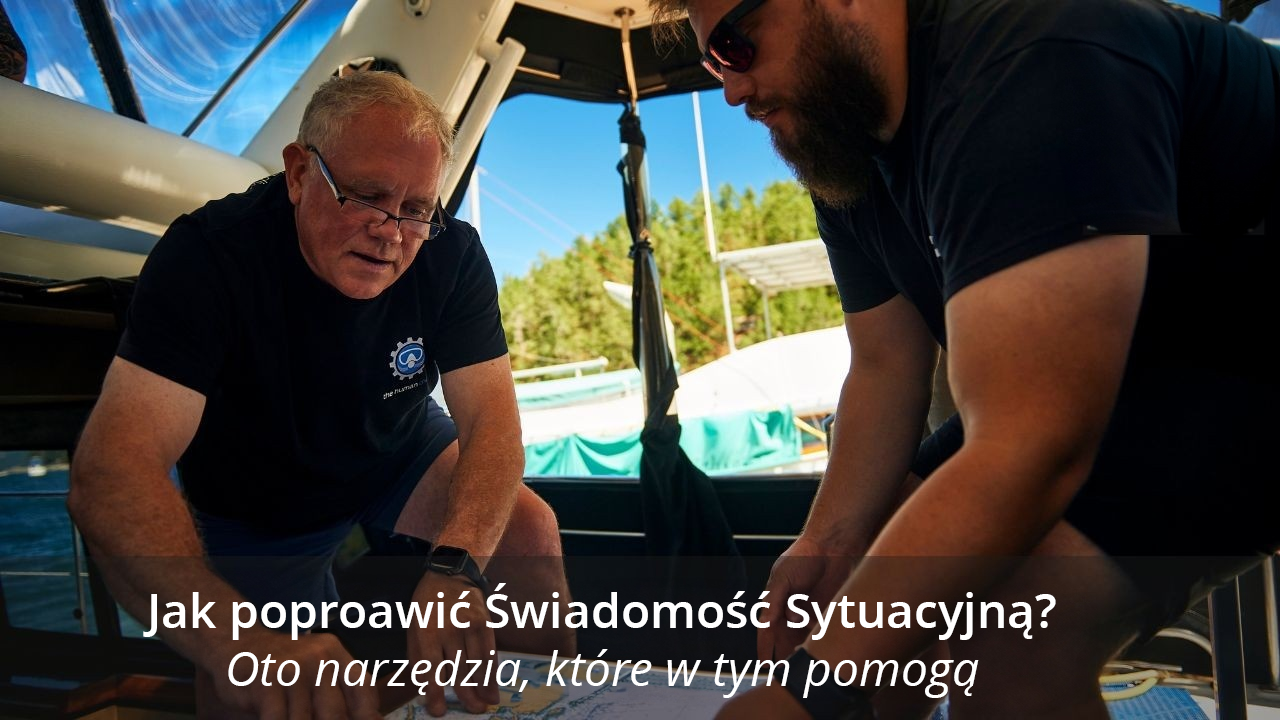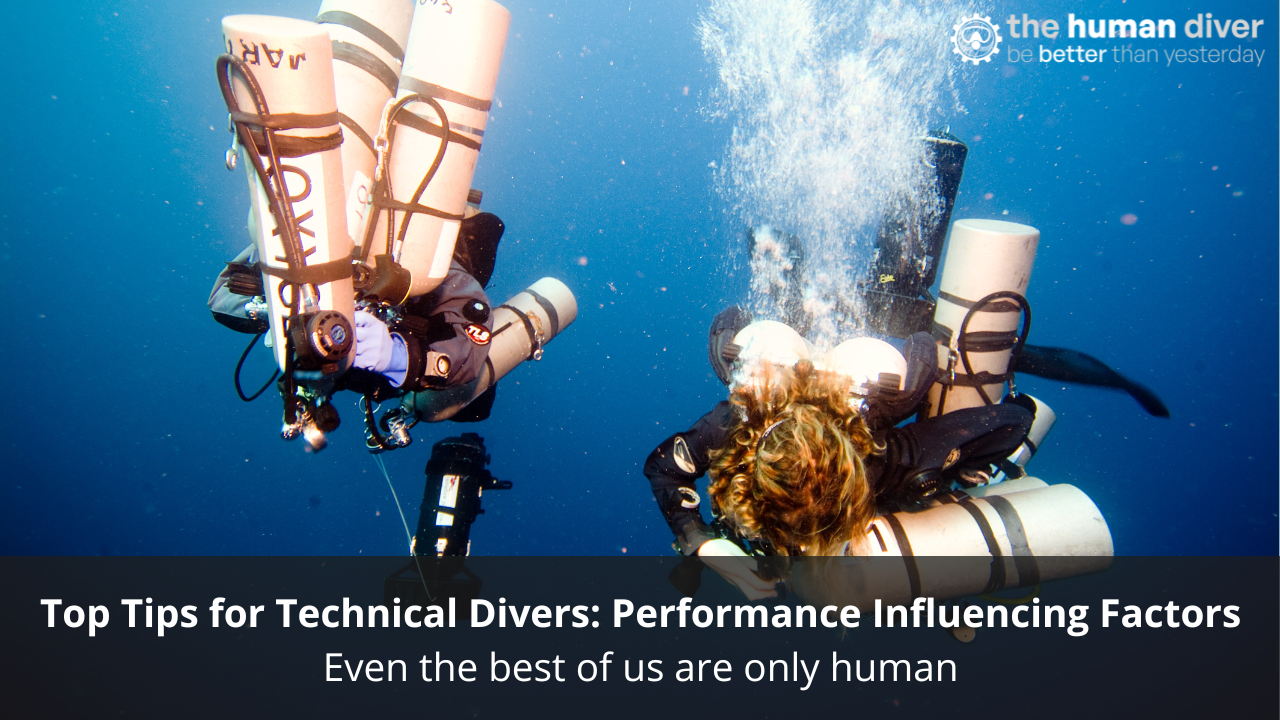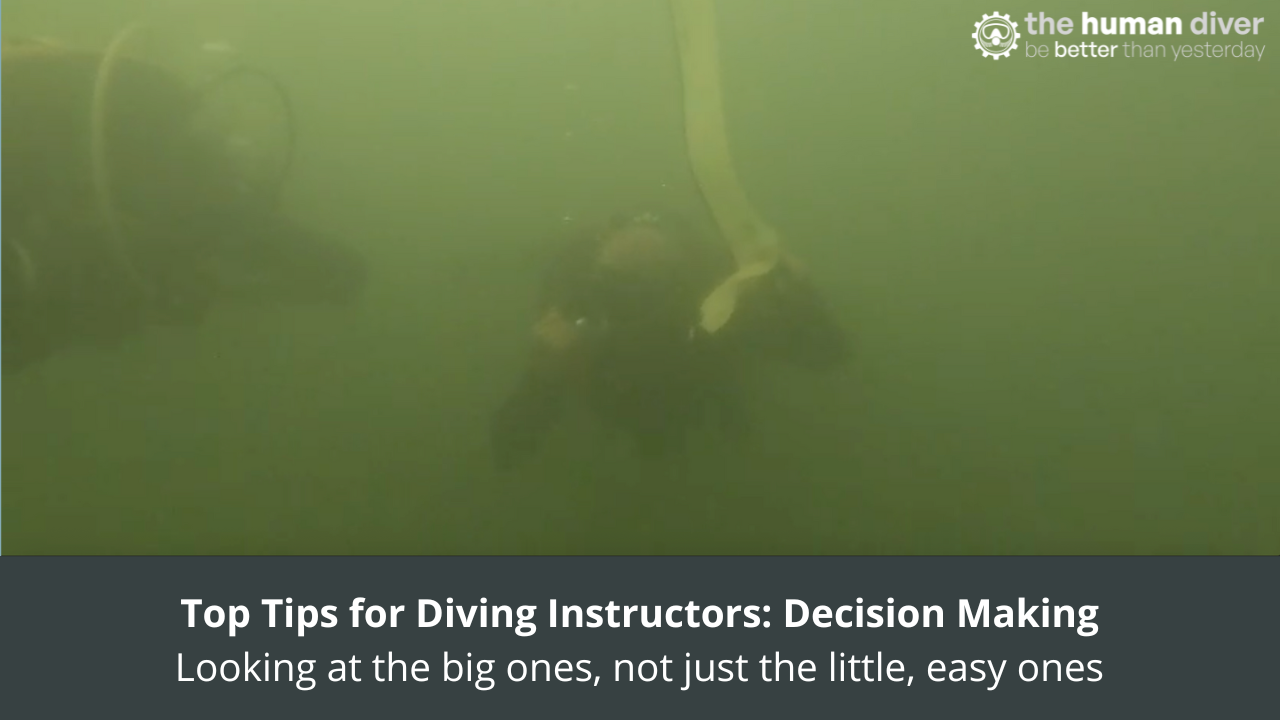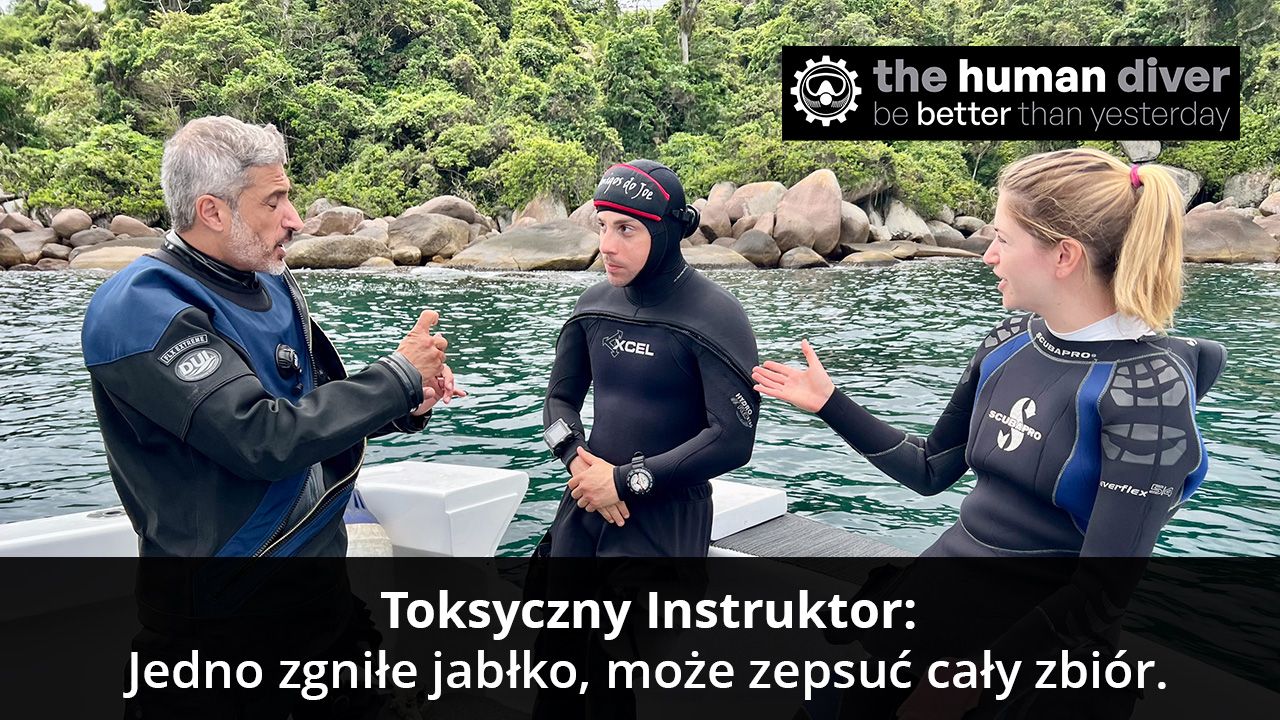
Would you do the same thing again?
May 27, 2023Over the past couple of weeks, I have been in contact with some of those who were on the Carlton Queen when it sank off the coast of Egypt on 24 April 2023. I heard the harrowing stories from four of those who were stuck below deck as it capsized and how they made their way out, having to make decisions which were literally around the life and death of other passengers.
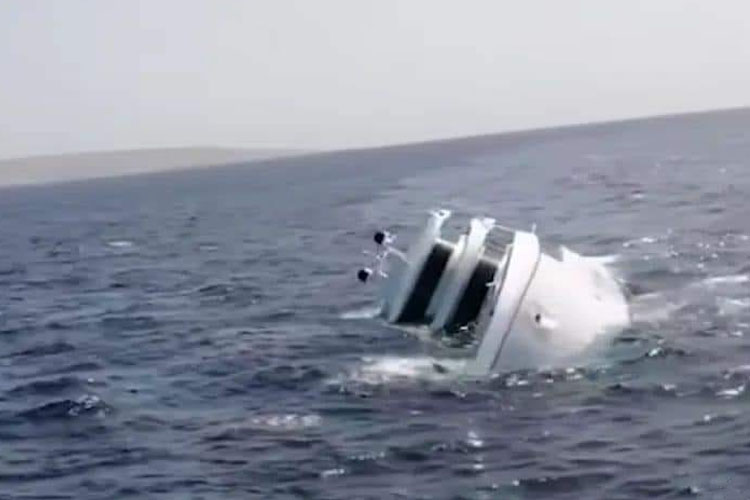
During one of the calls, the survivors talked about what they had seen, how significant these conditions were and how they added up to a boat that didn’t appear to have everything right going for it. Things that appeared to be ‘odd’. In hindsight, these conditions can be seen to contribute towards the capsize, or the inability to easily escape from below decks. However, I asked a simple question which got those on the call thinking differently.
“If the capsize hadn’t happened, you had a good trip, and then went on another liveaboard in a month’s time, would you have done anything differently?”
The answer from the four on the call was no, they wouldn’t have done anything different if they’d boarded the same boat.
The reason for asking this question is that before we can understand how to improve the situation, we must understand what ‘normal’ looks like. Those on the call had been on multiple liveaboards before, all in Egypt, and one of them had been on Egyptian liveaboards for many years before. The situation on the boat as they boarded was ‘normal’, the contributory factors which are now ‘obvious’ are only apparent after the event where it is easy to work backwards and join the dots. Fundamentally, when we encounter any situation, we don’t know which few bits from the thousands of bits of information we are processing are critical at that time, so we dismiss the majority of them as being irrelevant. Those which we perceive to be relevant are because we’ve had training or experience of the same or similar events, and so know what the ‘pattern’ is to look out for.

This is why the telling of context-rich stories, from multiple perspectives is important. These stories provide an insight into the conditions surrounding the event – they create a detailed pattern against which we can match. The more creative or experienced we are, the more abstraction we can apply, and therefore move from one example to another.
For example, during the call, one of the survivors talked about the dynamic (in)stability of the boat as they left port the night before, and then the following morning, and then as it capsized. This appeared to come from an informed position, and something I could relate to, so I asked them what their profession was - they were an aerospace engineer. Making sense of the situation requires us to have some patterns to match against. If we don’t have any direct experience, we make the best guess we can against the patterns we do have – these biases and heuristics are normally good enough to get us out of trouble. They can also lead us to look back and say ‘it was obvious’ – the curse of hindsight when it comes to learning. We need to remember this quote from Hidden QC when examining "There is almost no human action or decision that cannot be made to look more flawed and less sensible in the misleading light of hindsight." - Hidden QC, Clapham Junction Railway crash inquiry
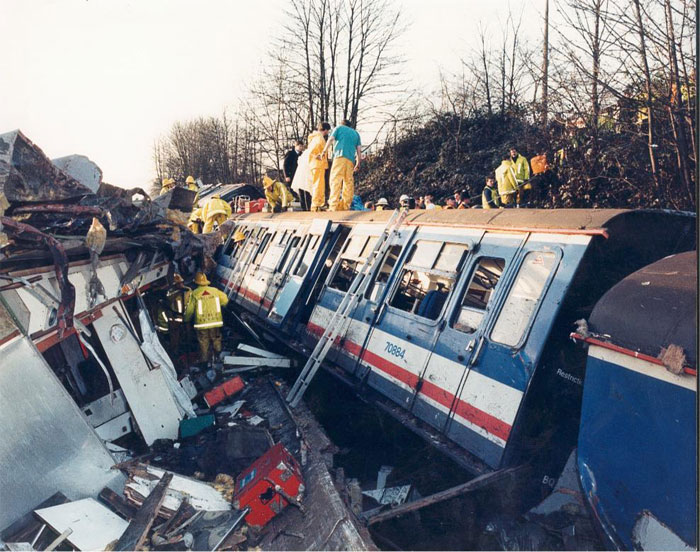
There is significant research to show the powerful effects of hindsight, where it distorts our perception of how easy it would be to spot something developing. Even when subjects of research have been told that they will be subject to hindsight bias, they still fall foul of it! We are never going to get rid of it, but we can work to reduce its effect when looking to learn and improve:
- Put yourself in the shoes of the subject and ask, “How did it make sense for them to do what they did?” This might be hard because of your own experiences where you believe you would have spotted these ‘things’. You need to explore their locally-rational decision-making. What direct experience did they have of the situation? What patterns would they normally match against? What mental shortcuts would they likely be using? What social or cultural factors would be present that influenced the decisions? What environmental factors were present that reduced or confused the senses or sense-making? What about the design or layout of the equipment or technology? What error-producing conditions or performance-shaping factors were present? What reward or punishment systems are in place for compliance/non-compliance?
- Consider what was different between ‘normal’ and this event and see how safety was created on previous occasions. This can be difficult to explore, especially if it isn’t possible to follow the rules to the letter of the law, and there have been deviations. A deviation doesn’t automatically mean a failure WILL happen, because if it did, there would be many more diving accidents! But deviations can attract the attention of lawyers, even if they weren’t contributory to the accident! Maybe previous successful outcomes were lucky, and this time it was unlucky.
- Ask someone else, who doesn’t know the outcome, to review your analysis of the event, and see what assumptions you’ve made. You will have constructed meaning from the narratives you’ve been told, do other potential meanings exist?

Summary
It is really easy to be seduced by the severity of an outcome, as this leads us to look for the factors we missed before the adverse event actually occurred. If the adverse event didn't happen, the latent factors would still be present. Think back to all the accidents and incidents you know about, and consider how many of them had latent factors or error-producing conditions present, and how many of those factors did you notice prior to the event occurring?
Active reflection, like using a DEBrIEF (or Learning Teams), allows us to dig into what 'normal' looks like and what error-producing conditions are present.
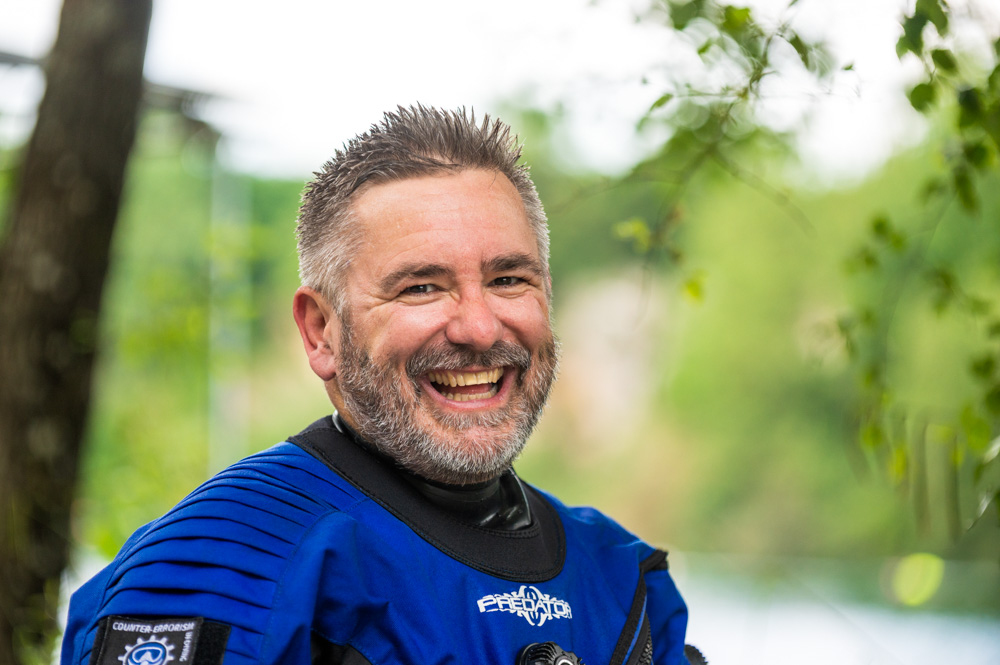
Gareth Lock is the owner of The Human Diver, a niche company focused on educating and developing divers, instructors and related teams to be high-performing. If you'd like to deepen your diving experience, consider taking the online introduction course which will change your attitude towards diving because safety is your perception, visit the website.
Want to learn more about this article or have questions? Contact us.


